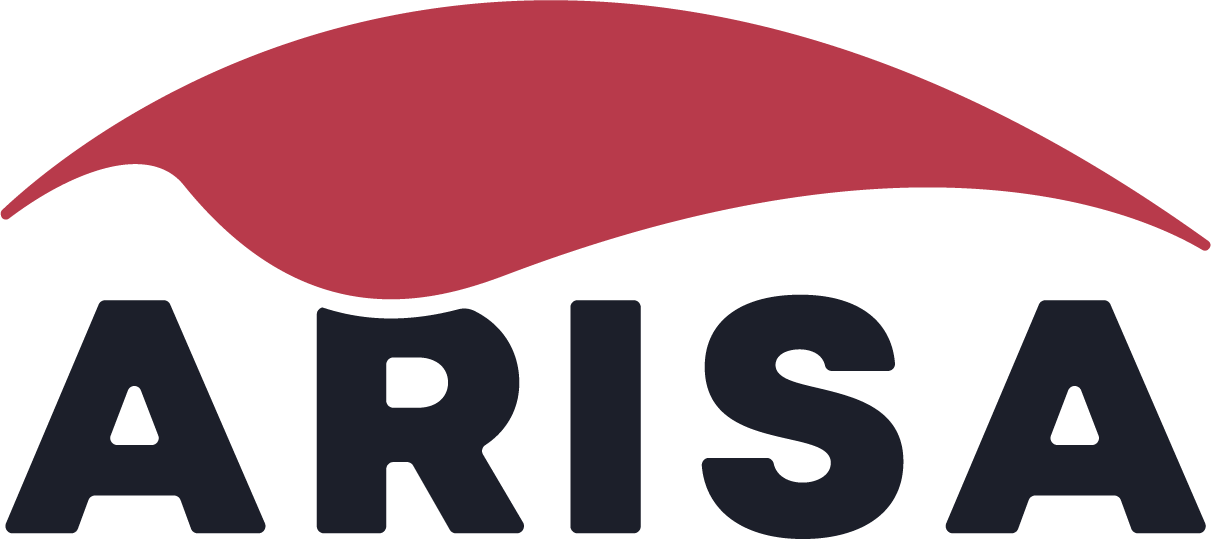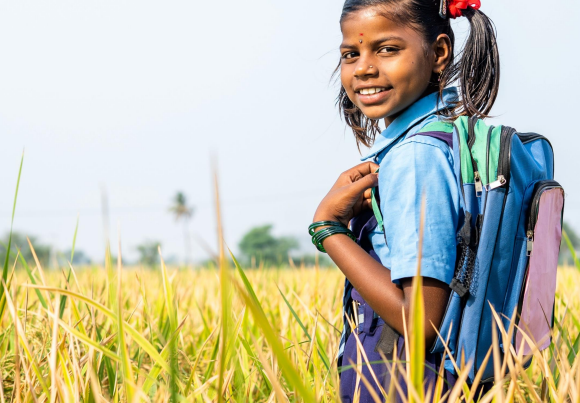20th October 2021
Now that the Dutch government is withdrawing from (new) International Responsible Business Conduct (IRBC) agreements, Arisa no longer expects to be able to play an adequate role in a new agreement on garments and textile. Arisa therefore will not take part in the process of negotiations for this new agreement but – with 5 years of experience in the current agreement – gives the negotiators 10 points of advice that are crucial for addressing abuses in the garment supply chain.
Arisa is a participant in the Agreement on Sustainable Garments and Textile (AGT), that expires at the end of 2021. In the past five years the signatory brands, in close cooperation with Arisa and the other participating parties in the agreement, have worked on putting due diligence into practice, i.e. addressing abuses in the field of human rights, the environment and animal welfare. Trust has been built between the participants and issues in the supply chain are increasingly known so that sustainable solutions can be sought. An evaluation of IRBC agreements by the Royal Tropical Institute (KIT) has shown that the AGT (as one of the few IRBC agreements) has made progress in tackling abuses.
Now that the AGT is about to expire, the process has started to come up with a new agreement (the Next Generation Agreement – NGA). Arisa is convinced that this new agreement, with a number of modifications, can lead to further improvements for people, the environment and animal welfare in the garments and textile supply chain.
Nevertheless, Arisa has decided not to participate in the negotiations for this new agreement. The reason for this is that the Dutch government recently announced that it will not participate in new IRBC agreements.[1] Arisa believes that government participation is essential: the government must contribute to IRBC through its public procurement policy, due diligence legislation, trade agreements, investment regimes, diplomatic relations and, with its presence, give weight to the message that companies should implement due diligence and abide by the OECD guidelines and UNGPs. The aforementioned evaluation also recommended that the government should play a bigger role in making the IRBC agreements effective.
For Arisa, government participation is indispensable and without that participation, Arisa chooses to use its scarce resources and staff for other activities that contribute to more sustainable and fair supply chains. Arisa is also concerned that the government is letting go of the old policy regarding IRBC agreements before there is a new policy on sectoral collaboration and Due Diligence regulation also still is pending. This causes a gap in fulfilling the obligations that the government has in promoting the implementation of the international RBC guidelines by companies.[2]
Expectations of a new agreement
Arisa remains committed to structural improvements in the garments and textile supply chains and continues to fully endorse the targets set by the AGT: to ensure that workers’ rights are respected and protected in the production countries, to improve workers’ safety and to prevent environmental pollution and animal suffering. A new agreement should contribute to all this with renewed ambition.
In close contact with partners in production countries, Arisa would like to provide the following input to the negotiations:
- Give stakeholders and rightholders in production countries a bigger role in the new agreement.
- Focus on impact. In order to achieve (more) impact in a new agreement, concrete and measurable objectives must be formulated at result level. Formulate these objectives on the basis of good local stakeholder consultations; these will show which issues in which countries deserve priority at which production locations.
- Set requirements for companies to join the new agreement. Ask for a statement with an explicit commitment to IRBC and understanding of due diligence. The focus of the new agreement can then be on realising impact through due diligence.
- Involve stakeholders and rightholders in all phases of the due diligence process, both in identifying and prioritising risks by participating companies, and in developing and implementing activities to address the risks and abuses.
- Ensure participating companies do their own risk analysis that involves stakeholders and rightholders. This should be part of the due diligence practice of individual companies; do not base a risk analysis only on social audits and certification.
- Formulate objectives around purchasing practices. In the internal organisation of companies as well as contracting authorities of the government, the IRBC objectives and due diligence must be fully integrated into the purchasing policies and practices.
- Set up operational-level grievance mechanisms to ensure access to remedy and redress for rights holders. The design of this grievance mechanism should be in line with the criteria for effective grievance mechanisms of the UNGPs[3] and OECD Guidelines.
- Work on transparency. Provide insight into action plans, progress and assessment scores of companies. Set up the provision of information in such a way that external stakeholders also understand why a company decides on certain actions and risk prioritisation and what the progress is.
- Promote supply chain transparency. Make production locations of individual companies public. This promotes access to remedy and redress.
- Work on collaboration and alignment. A Dutch agreement containing ambitious targets can be an example for similar initiatives in other countries. Collaboration and alignment with similar initiatives is a way to increase the impact. In addition, it is always important to enter into more cooperation with companies and organisations in production countries.
In this way, an ambitious new agreement can further contribute to a sustainable and future-proof garments and textile industry worldwide. Based on the final version of the new agreement, Arisa will reassess its position and decide on possible participation on the basis of this.
– – – – – –




